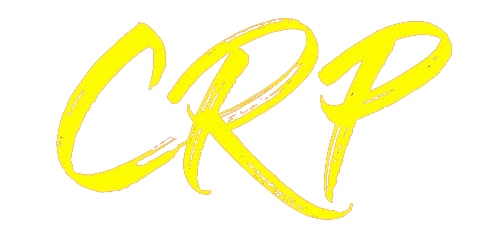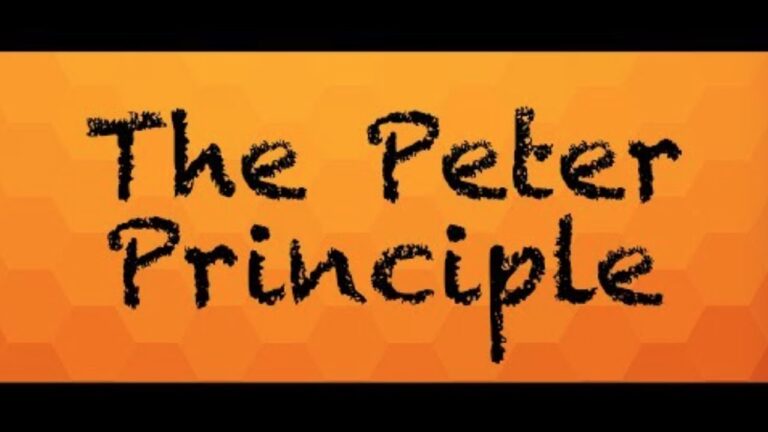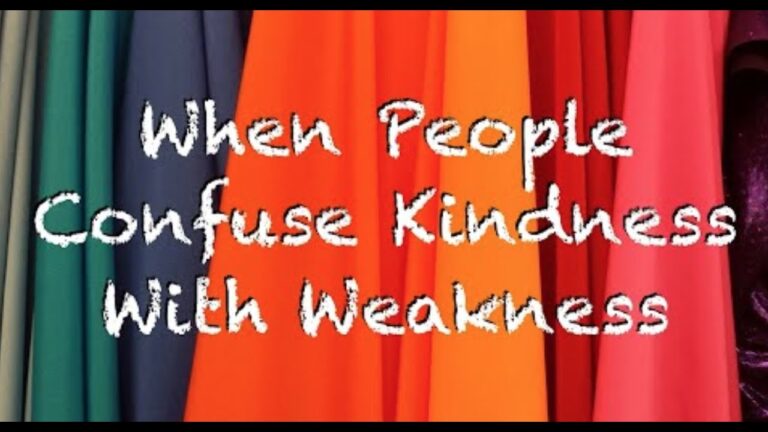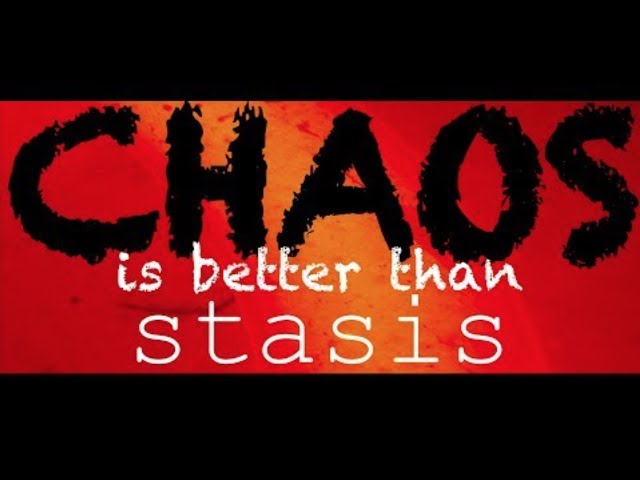Do Not Go To College, Part 2: Education Versus Accreditation & Indoctrination
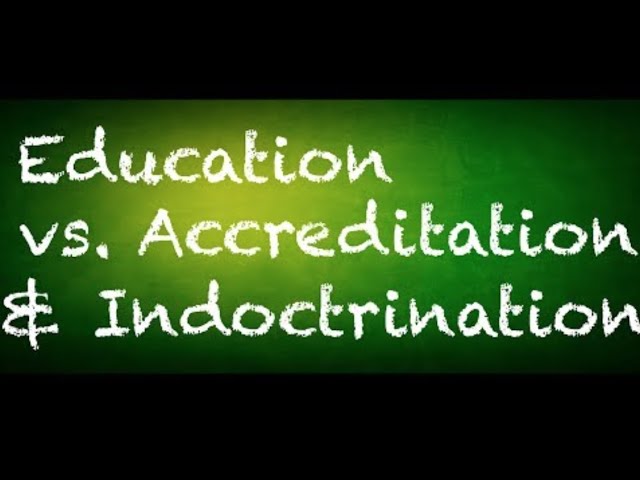
The Truth About College Education: What They Don’t Tell You
In the article titled “Do Not Go to College Part 1” where I argued that college was a bad investment financially. I highlighted how the debt accumulated from college would outweigh the benefits of obtaining a degree. This debt would hinder important life decisions such as starting a family or purchasing a home. While my video received both fair and unfair criticism, it prompted me to reevaluate my stance on this issue. In this blog, I will discuss the purpose of going to college, the reality of a college education today, and how to navigate the system effectively.
The Purpose of College
The ideal purpose of going to college is to gain knowledge about the world and about oneself. It is the opportunity to learn about various subjects, history, and different perspectives. College is supposed to be a place where you can develop critical thinking skills and gain a deeper understanding of the reality around us. However, the reality of a college education today is quite different.
The Reality of College Education
Today, colleges and universities have become sorting mechanisms for the economy. They act as indicators of where individuals fit in the professional world. Employers often prioritize the prestige of a degree over the grades obtained or the knowledge gained. For example, if a head of human resources at a large corporation receives two resumes, one from a Stanford graduate and the other from an Indiana State University graduate, both with similar credentials, they are more likely to choose the candidate from Stanford.
This emphasis on prestige diminishes the true purpose of a college education. Instead of focusing on learning and personal growth, colleges have become accreditation factories. The degree from a prestigious institution becomes the signal that determines an individual’s position in the job market and the economy. Grades and actual knowledge often take a backseat to the reputation of the institution.
The Impact of Accreditation
Colleges and universities, aware of their role as accreditation providers, have made their programs easier for students. The focus has shifted from challenging students to ensuring their graduation. This, coupled with the fear of pushing students to failure, results in a lack of critical thinking skills among undergraduates. Students are not pushed to think critically, which makes them susceptible to ideological indoctrination.
The Influence of Ideological Indoctrination
Given the absence of critical thinking skills among college students, progressive ideologies and social justice warrior (SJW) narratives flourish within the academic environment. Colleges become breeding grounds for ideological conformity rather than spaces for intellectual exploration and debate.
The most compliant students, who are willing to jump through every hoop to gain admission, often end up in the best universities. They internalize and accept the indoctrination presented to them, believing it is necessary for their success. These students lack the critical tools to question the ideologies forced upon them. As a result, SJWs dominate upper management positions in major corporations.
The Impact of Cheap Money on Corporations
Furthermore, the prevalence of SJWs in corporate environments can be attributed to the current economic landscape. Cheap money provided by central banks allows corporations to survive regardless of their competitiveness. This economic climate enables large corporations to indulge in SJW narratives without facing financial consequences. The lack of pressure to deliver profits results in decisions that prioritize ideological conformity over consumer preferences, such as the decline of the Star Wars franchise.
Alternative Paths to Success
Given the current state of higher education, it is imperative to consider alternative paths to success. Going to college immediately after high school is not always the best option. Instead, taking time to explore the world, gain life experiences, and discover personal interests can lead to a more fulfilling and informed career choice.
One suggestion is to travel to a foreign country or join the military. These experiences provide opportunities for personal growth, exposure to diverse cultures, and the development of essential life skills. By pushing against the world and experiencing the challenges it presents, individuals gain a deeper understanding of themselves and their aspirations.
Minimizing the Cost of College
If, after exploring the world and discovering personal passions, individuals decide to pursue a specific career that requires a college degree, it is important to approach higher education strategically. Rather than attending an expensive university for the entire duration, consider transferring from a cheaper school to a prestigious institution for the last one or two years.
For example, instead of spending four years and $280,000 at Harvard, one could attend a cheaper school like Indiana State University for the first two years and then transfer to Harvard for the last two years, significantly reducing the overall cost. The goal is to obtain the best degree possible from a reputable institution while minimizing financial burdens.
Exploring Alternative Education Models
Lastly, it is essential to consider alternative education models that offer more personalized and focused learning. One such model is bespoke education, where individuals hire out-of-work PhDs to tutor them in specific subjects. These tutors provide expertise and guidance at a fraction of the cost of a traditional college education.
By exploring alternative education models and minimizing the time and money spent on traditional college programs, individuals can still achieve their career goals while avoiding the indoctrination and financial burdens associated with higher education.
Conclusion
College education today has deviated from its ideal purpose of fostering knowledge and personal growth. Instead, it has become a sorting mechanism and accreditation game for the job market. Colleges prioritize prestige over actual learning, leading to a lack of critical thinking skills among students. This, coupled with the prevalence of ideological indoctrination, poses challenges to individuals seeking a well-rounded education.
It is crucial to explore alternative paths to success, such as traveling, gaining life experiences, and pursuing bespoke education. By approaching higher education strategically and minimizing the financial burden, individuals can still achieve their career goals without succumbing to the pitfalls of traditional college education.
Remember, college is just a piece of paper. What truly matters is your determination, personal growth, and ability to navigate the world around you. Don’t let the college system define your path; forge your own.
